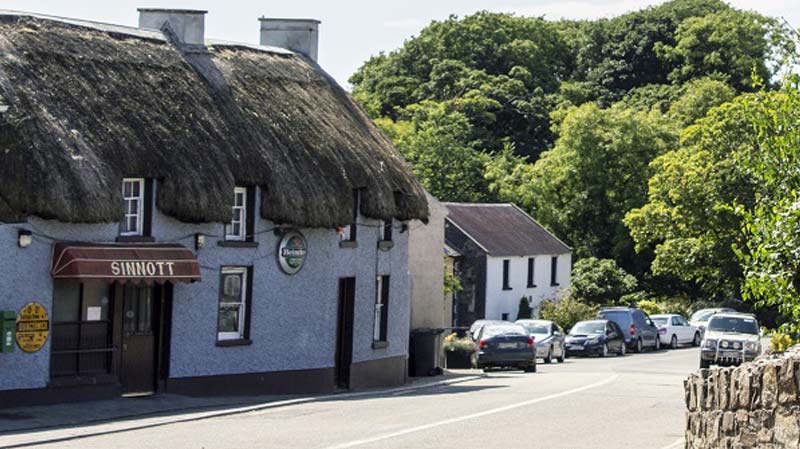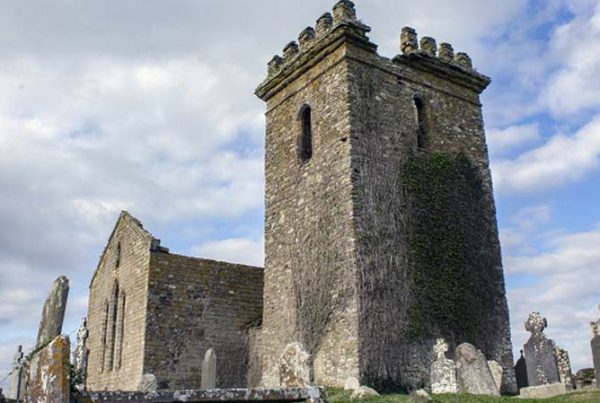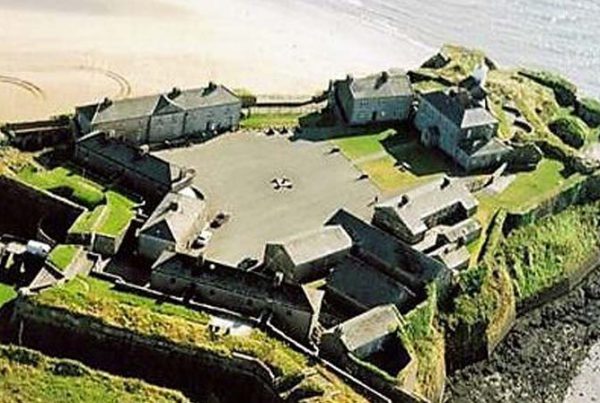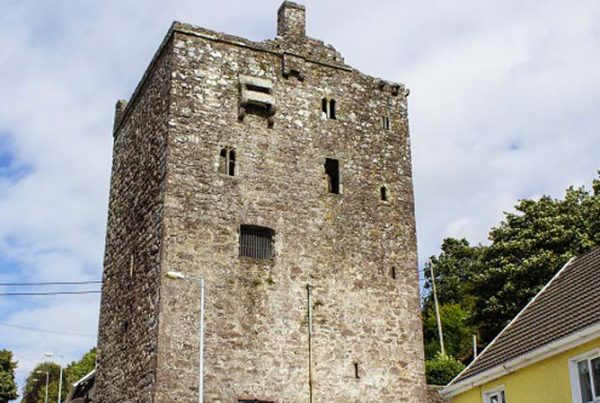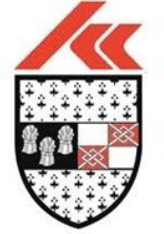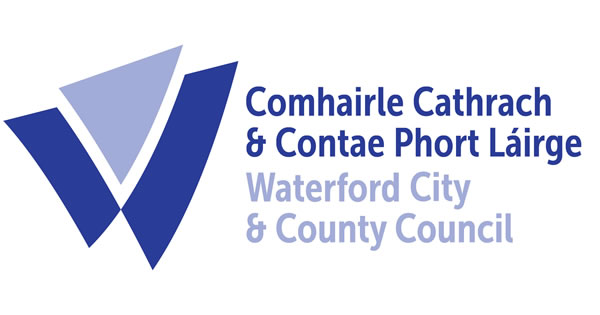Duncormick
Duncormick is located on the River Muck, a strategic location with a long history of settlement.
A prehistoric promontory fort overlooks the river and the Church of Ireland church stands within an early medieval ecclesiastical enclosure. A holy well along the river is dedicated to St. Colman.
Duncormick and the Normans
Following the arrival of the Normans the manor here became a holding of the de Londres family and an earthwork castle known as a motte was built. In the 14th century the land was acquired by the Meiler family. By the 16thcentury a stone castle, which has since disappeared, stood on the promontory fort.
International Trade
Archaeological excavations in Duncormick have uncovered pieces of local and imported medieval pottery. When they settled in this area, the Normans imported wine and glazed jugs from England, France and beyond. These discoveries are evidence of the importance of international trade to the Norman economy. The local, plain domestic pottery which has been uncovered here is known as ‘Leinster Cooking Ware’.
The Potter’s Wheel
The Normans introduced the potter’s wheel to Ireland in the late 12th century. This made the production of clay pots and vessels faster.
There is still a very strong culture of handmade craft in Wexford. The Norman Way is a ‘Wexford Trail’. There is also a ‘Craft Trail’ in Wexford where local craftspeople and their work can be found and enjoyed. There are also separate Garden, Heritage, Walking, Cycling and Adventure Trails in Wexford.

